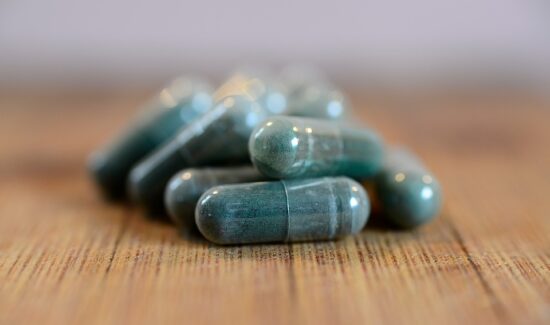Effective effluent management: Key to tackle AMR
Dr Jyoti Joshi, Head-South Asia, The Center for Disease Dynamics, Economics & Policy (CDDEP); Adjunct Professor, Amity Institute of Public Health emphasises that the government and the pharma industry need to establish strategic partnerships to address the issue of growing AMR due to pharma plant effluents.
As the world adjusts to the post-COVID-19 reality, it is time to reflect and reset. It cannot be ‘business as usual’ in the struggle to survive. The pandemic of COVID-19 has made everyone aware of the importance of masks and physical distancing. Yet the other silent ‘killer’ pandemic of antimicrobial resistance (AMR) that undermines health, including efforts to address COVID-19 is still unacknowledged.
AMR is the resistance of a microorganism (bacteria, parasites, viruses, or fungi) to an antimicrobial drug that was originally effective for the treatment of infections. When bacteria change in response to the use of antibiotics, they give rise to antibiotic resistance. AMR is one of the top ten global health threats which grows to undermine food security as well as sustainable development today. By 2050, it is projected to cause an estimated 10 million deaths per year and a loss of $100 trillion to the global economy.
AMR NEWS
Your Biweekly Source for Global AMR Insights!
Stay informed with the essential newsletter that brings together all the latest One Health news on antimicrobial resistance. Delivered straight to your inbox every two weeks, AMR NEWS provides a curated selection of international insights, key publications, and the latest updates in the fight against AMR.
Don’t miss out on staying ahead in the global AMR movement—subscribe now!







